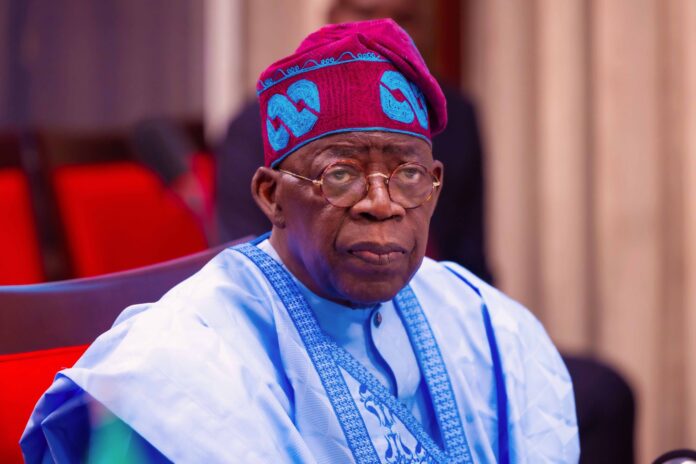Stakeholders have expressed strong support for President Bola Ahmed Tinubu’s recent ban on foreign goods, stating that the move could significantly strengthen local industries such as the Dangote Refinery and Innoson Vehicle Manufacturing amid Nigeria’s struggling economy.
In separate interviews on Monday, Muda Yusuf (CEO of the Centre for the Promotion of Private Enterprise), Gbolade Idakolo (CEO of SD & D Capital Management), and Billy Gillis-Harry (Chairman, Board of Trustees of the Coalition of South-South Chambers of Commerce and President of the Petroleum Products Retail Owners Association of Nigeria) endorsed the policy, emphasizing its potential economic benefits.
The ban, approved during a Federal Executive Council meeting chaired by Tinubu, prohibits government ministries, departments, and agencies from purchasing foreign goods and services. Announced by Information Minister Mohammed Idris, the initiative—branded the Nigeria First Policy—aims to revitalize the country’s economy by promoting locally made products.
To legally reinforce the policy, the Attorney General has been directed to draft an Executive Order. Once implemented, it is expected to reduce Nigeria’s import bill—reported at ₦16.6 trillion in Q4 2024—and offer domestic firms a competitive edge.
Muda Yusuf urged both federal and state governments to adopt the policy, suggesting it be extended to include foreign services. He emphasized its potential to conserve foreign exchange, grow GDP, and create jobs. He also highlighted the need to support local professionals in areas such as IT, advertising, and software development, questioning the continued importation of products like furniture, fuel, and generic pharmaceuticals.
Idakolo echoed similar sentiments, asserting that the policy would ease pressure on the naira, reduce foreign exchange demand, and help maintain the nation’s rare trade surplus—recorded in 2024 after a decade of deficits.
Gillis-Harry called the decision the best economic news in his lifetime, stressing the need for full-scale implementation. He believes the policy could set Nigeria on the path to becoming a global economic power if followed through consistently and inclusively.

